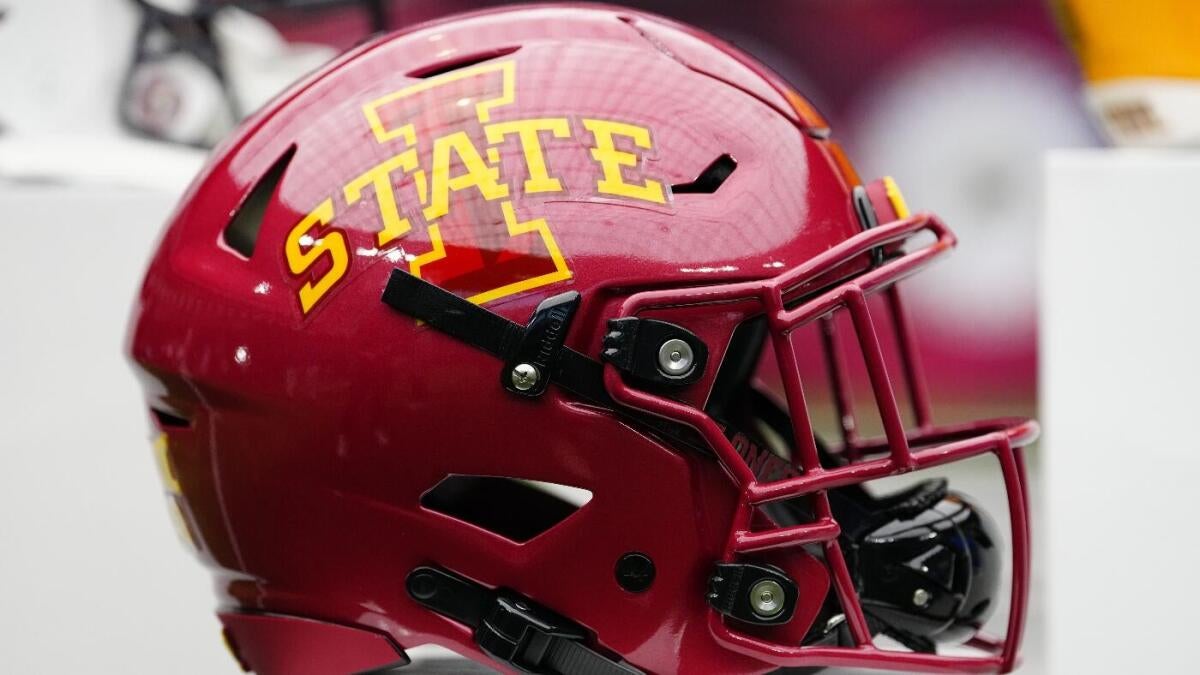Betting Breach: NCAA Slaps Iowa State Athletics Staff with Sanctions Over Gambling Violations

The investigation uncovered serious misconduct, with one of the most notable violations involving illicit gambling on Iowa State basketball games. The athletes were found to have crossed ethical lines by placing unauthorized bets, compromising the integrity of collegiate sports and potentially undermining the competitive spirit of the team.
